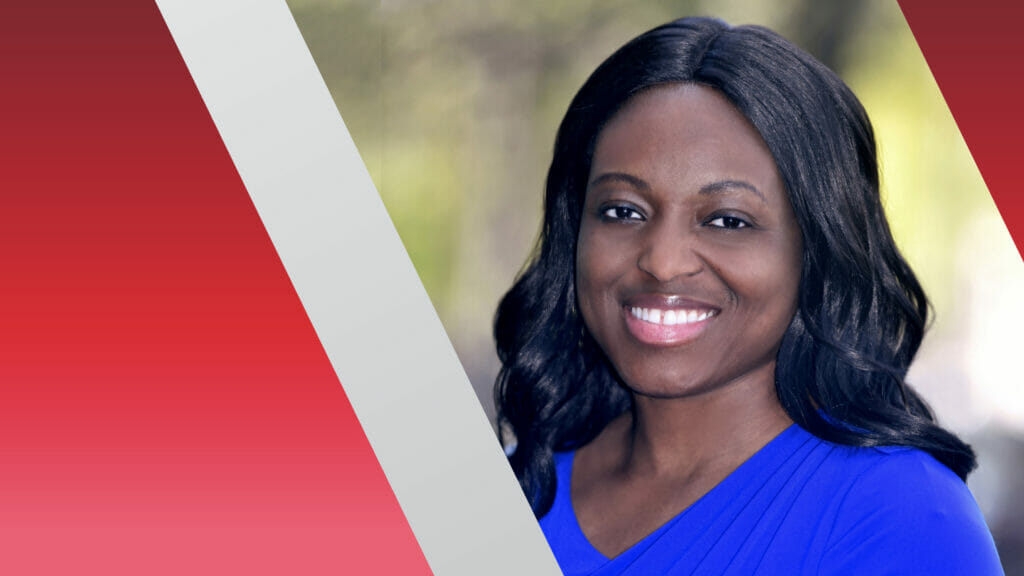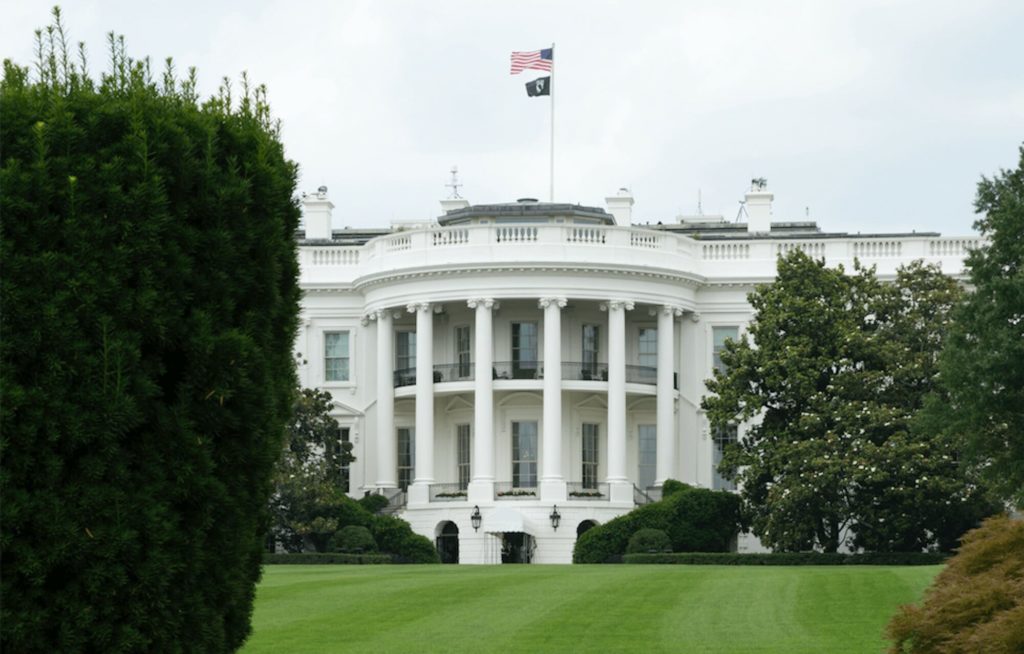
Afonne Eze knows nursing care. She earned her BS and MS degrees in nursing from the College of New Rochelle and is currently pursuing a Doctor of Nursing Practice at Quinnipiac University. She also understands home care, starting at MJHS Health System in 2015 as the home care branch director.
She is bringing both areas of expertise to bear in her new role as the assistant vice president of MJHS Home Care, a certified home health agency serving the needs of patients across New York City and Nassau counties. Moreover, as the daughter of a Nigerian diplomat, she comes to the position with a global perspective. She recently talked to McKnight’s Home Care Daily Pulse about her vision for MJHS as well as the importance of diverse representation in leadership positions.
McKnight’s Home Care Daily Pulse: What does this promotion mean to you?
Eze: I have been working in the field of home care for 15 years now. I started my career as a home health and nurse in the community after graduate school and I’ve had the opportunity to have progressive leadership roles over the years. So being called upon to lead the home care program at MJHS was a real honor. I believe very strongly in the value of home-based care and that value has only increased over time. And since the pandemic, people have a preference to remain at home. So I think that the work we’re doing is so meaningful and it’s really something that I take very seriously. I’m happy with the team that we have here at MJHS.
McKnight’s Home Care Daily Pulse: What are some of your goals in your new position?
Eze: One of the biggest goals is to build upon our program and really identify ways that we can reach more people. We’ve had challenges, as many home health agencies have, dealing with the penetration of more managed care, billing and payer sources in the field. So being able to work more closely with different managed care contracts to be able to meet the needs of our population, so that we can grow is of high importance.
One of the other things that we are really committed to doing is building upon our staff of clinicians who are providing this essential care in the community. How do we get people interested and committed and engaged in this work that’s very physically demanding and not as popular but really so important?
McKnight’s Home Care Daily Pulse: What are some other challenges you might expect to encounter?
Eze: Another challenge we’ve seen post-pandemic is the development of more remote positions for nurses. With those remote positions that are available, it becomes more challenging to attract talented staff to these very physically demanding positions that require you leaving your home and going out to visit others in rain, snow and other disasters. We’re constantly boots-on-the-ground and it’s something that people find very rewarding, but it’s also less attractive when you have the opportunity to do completely remote work at home.
McKnight’s Home Care Daily Pulse: How else might the workforce crisis affect MJHS?
Eze: We are constantly thinking about how to build our workforce and engage our staff so that we’re able to maintain retention. I will say MJHS Home Care has a really strong record of staff retention and longevity. We’ve had some employees who have been with us for decades and they still enjoy the work that they’re doing. So we’re very committed to [questions of] “How do we improve people’s work-life balance? How do we improve the quality of life?” [This includes] exploring flexible schedules and shifts that allow people to spend more time at home and engaging also different types of technology that we can use to supplement the care that we’re providing in the home to give our staff that bandwidth to reach more patients.
The organization also has really strong commitments to staff wellness and has implemented many wellness initiatives over the years to help staff improve their work-life balance, managing stress and improve mental and physical health. Those are things that we’re able to offer being part of a large system.
McKnight’s Home Care Daily Pulse: How did you get started in home care?
Eze: I was very fortunate to have home health incorporated throughout my nursing career. Not everybody has the opportunity to experience that. Even as I was learning the field of nursing, I was able to observe what that role looked like, not just in the hospital setting but also in the home setting. That really sparked my interest in home-based nursing and that was why I decided when I finished nursing school I was going to begin work in a community health nurse residency in the hospital. My passion for home-based care has only grown in that time.
McKnight’s Home Care Daily Pulse: How has your international upbringing shaped your perspective as a professional, as a leader?
Eze: I was born in Nigeria. My dad was a diplomat, so we had the opportunity of traveling to and living in many different countries before we finally came to the United States. I attended Howard University for my first bachelor’s degree as an undergraduate student and before moving again to go to nursing school. It’s been a wonderful experience going through the education system and having access to so many opportunities for growth.
MJHS has such a diverse group of people even within our home care program. There are people with a multitude of languages and come from many different backgrounds and we’re constantly learning from each other. I bring my own experiences having lived in and grown up in Nigeria and travelled the world. I bring my cultural knowledge and sensitivity to the interactions that I have with people, but I don’t do it in isolation. The people I work with also bring their rich history and background. Together, we learn from each other every single day, and it really lends itself to the care that we provide to our patients and the families that we serve.
McKnight’s Home Care Daily Pulse: Why is it necessary to have diverse representation in leadership positions?
Eze: I think it’s extremely important for multiple reasons, one being that it inspires others that may not see themselves in these positions to know that they certainly can accomplish it. It also raises an awareness that there is no reason for these positions to not be so diverse. I think that it develops a general awareness and appreciation of the skills and the value of all the different people from all the different races.
On a separate note, it’s also important for our patients because we’re able to better advocate and speak for their needs from a more informed perspective. When we have that diversity of the leadership group, we come with different experiences, knowledge and skills rather than uniformity.
Editor’s note: Peer-to-Peer is a feature from McKnight’s Home Care Daily Pulse in which we talk to the leaders in home care, your peers, about their operational initiatives, efforts and ideas. If you think someone in home care would make a good subject for Peer-to-Peer, please email Liza Berger at [email protected].



